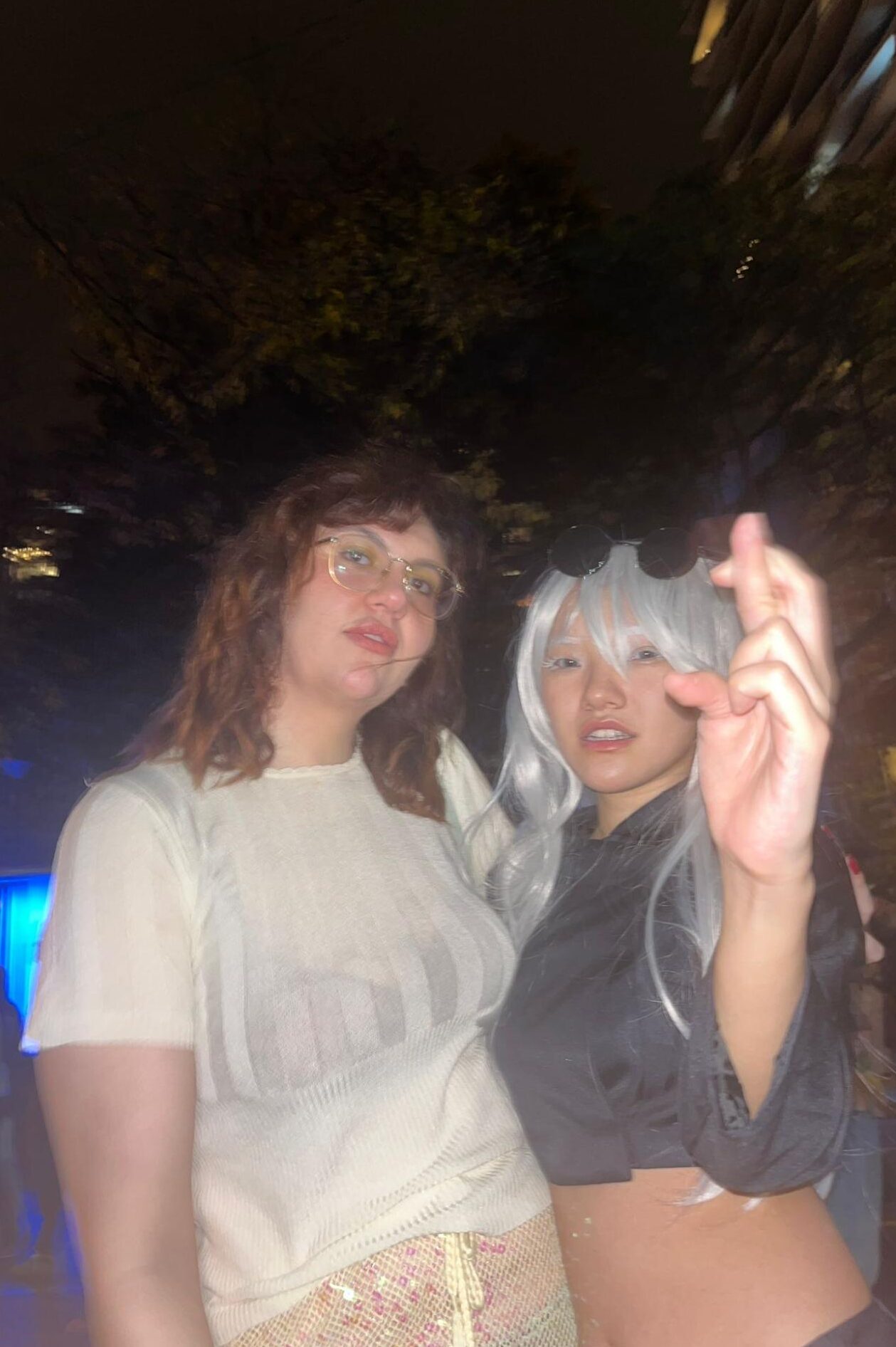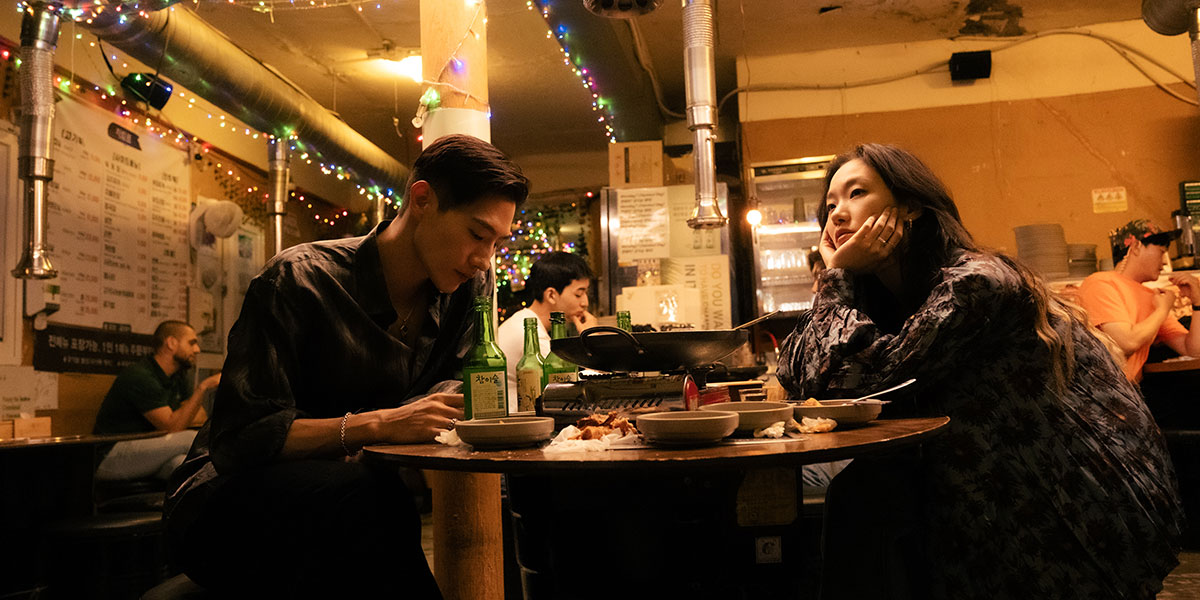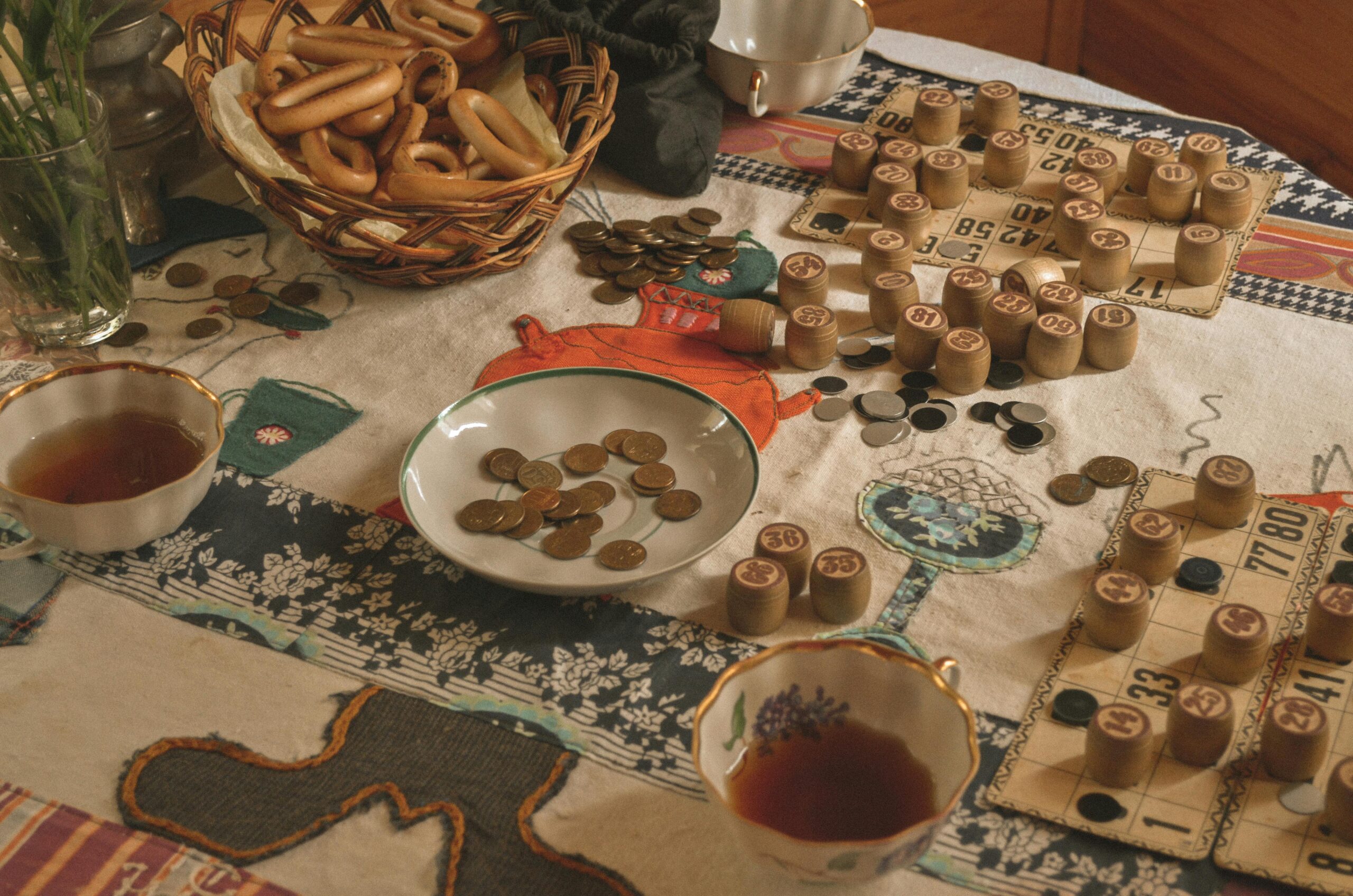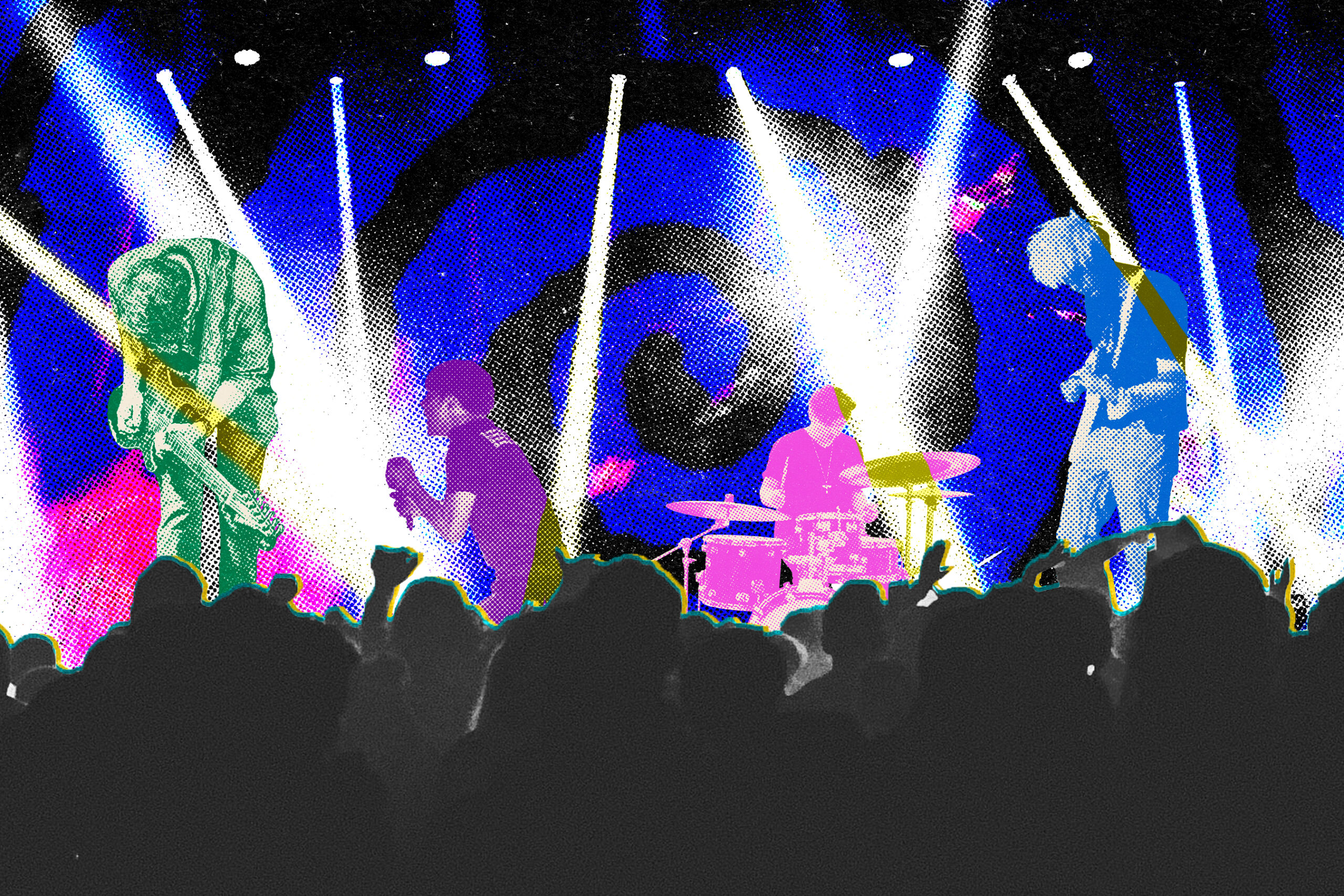A photojournalistic composition about community and love
By: Rowan Flood
“I love to see you smile,” said Maya Kagan to Menachem Bluestein as they sat together during a Sunday of activities run by Dani, the Toronto-based program for disabled adults.
The room where everyone gathers on Sunday has an immediate sense of family. People check in on one another and encourage each other, “Eat your lunch.”
Arms are frequently reached out as people pass by; asking for a hand to be held or a hug to be given. These signs of physical communication speak louder than words, putting the care and affection people feel for one another into action.
Marty Leaf, a member attending the Sunday program, explained he has lifelong friends here and it’s clear interacting with them brings him joy as he reaches in to give Deborah Levin, another attendee, a tight squeeze.
The number of touches, hugs, high fives and hand squeezes demonstrate the need for community.
Jordan Goldman, the program director for Dani, said members report a greater sense of belonging from being a part of the program and they’re families have noticed more activation and motivation.
Motivation is a key word and feeling throughout connecting with others. People are motivated to come together and they’re activated by each other as well. Conversations and interactions between seniors and disabled people light up faces, bring out expressions and create community.
At Caroline Place Retirement Residence in Hamilton, residents gravitate toward one another. They sit to drink their coffee at a table with others and chat and joke with employees who are handing them pills in little paper cups.
Maria Ewinger and Ralph Gibson sat together saying little but clearly comfortable with the other, as Ewinger confirmed his name and they exchanged frequent smiles.
“Choose one where I look good,” Ewinger instructed as she posed for the camera.
During an activity held by Sunshine Centres for Seniors, a Toronto organization, many came to learn how to make digital Christmas cards. Seniors gathered at the Parliament Street Branch of the Toronto Public Library to learn something new.
Despite Barbara Center, an attendee, saying, “I find anything with computers very frustrating,” she challenged herself to work on the project. She and another attendee smiled together as they talked and sat near each other.
While the activity was meant for making cards, it was also an opportunity to socialize and gather as attendees ate snacks and drinks provided while they chatted.
The pandemic has not gone away. However, the need to be in community with one another safely and joyfully hasn’t either.
Whether it’s through touch, talk or simply being in another’s presence virtually, seniors and people living with disabilities should and can have it.
























